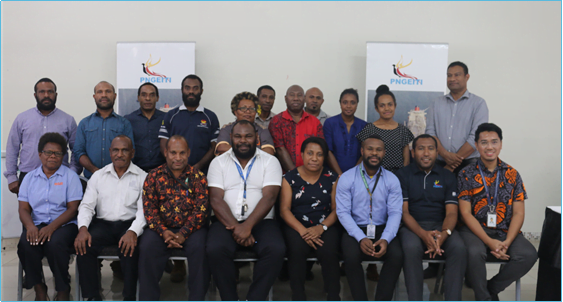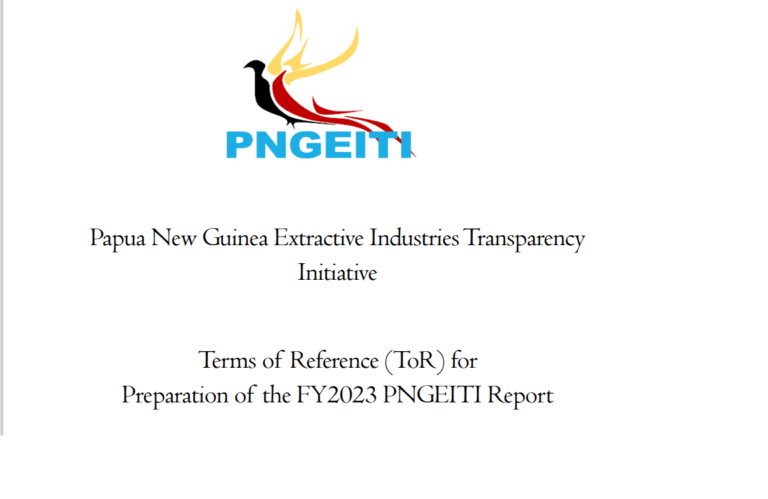The Head of Papua New Guinea Extractive Industries Transparency (PNGEITI), Mr. Lucas Alkan announced today that the country will be validated for the second time since PNG signed up to implement the EITI global best practice Standard in 2013.
The validation exercise is set to commence on the 30th of October 2020.
Mr. Alkan stated that the validation is an essential feature of the EITI implementation process. It is intended to provide stakeholders with an impartial assessment of whether EITI implementation in a country is consistent with the provisions of the EITI Standard.
PNG underwent its first validation in 2018 in which the EITI Board granted ‘meaningful progress’ in implementing the EITI Standard. The Board commended PNG’s efforts in implementing a number of reforms to address weaknesses in government systems and in improving the level of transparency in the country’s extractive sector.
The Board recognised PNG’s efforts in ensuring appropriate multi-stakeholder oversight of EITI implementation and aligning objectives for the EITI with national priorities. It further commended the country’s efforts to produce EITI data in a timely manner and to effectively disseminate the findings of the EITI Reports to influence public debate.
The Board welcomed the government’s continued commitment to strengthening government systems by using the EITI process as a diagnostic tool to support reforms. As part of improvements of such systems, the EITI Board encouraged PNG to pursue efforts to systematically disclose data required by the EITI Standard as part of routine government and company disclosures.
The outcome of the first validation was a positive step for PNG in the EITI implementation process, and demonstrated that the EITI process can contribute to enhancing transparency and accountability in the management of resources related revenues.
In granting ‘meaningful progress’ to PNG in its efforts to implement the EITI, the Board allowed 18 months (up till 30 April 2020) for PNG to take corrective actions on the areas identified to meet the EITI global standard before a second validation was undertaken.
There were 14 areas identified as having made no progress or inadequate progress which required actions to be taken.
The 14 corrective action areas included:
- public disclosure of information related to the award or transfer of mining tenements and oil and gas licenses pertaining to companies covered in the EITI Report;
- ensuring a comprehensive list of state participation in the extractive industries, including terms associated with state equity and any changes in the year under review, be publicly accessible;
- ensuring that complete production volume for oil and gas, and production values for each of the extractive commodities produced during the year under review be publicly accessible and disaggregated by commodity;
- ensuring that export volumes and values are disclosed publicly for each mineral commodity (including oil, condensate and gas) exported in the year under review;
- ensuring that the materiality threshold for selecting companies ensures that all payments that could affect the comprehensiveness of EITI reporting be included in the scope of reconciliation;
- undertake a comprehensive assessment of transactions between extractives SOEs (and their subsidiaries) and mining, oil and gas companies, as well as between the extractives SOEs (including their subsidiaries) and government in its scoping for future EITI Reports;
- establish whether direct subnational payments (to government entities) by extractives companies are material;
- an assessment of whether the payments and revenues are subject to credible, independent audit, applying international auditing standards;
- clarify which extractive revenues are recorded in the national budget;
- ensure that material subnational transfers of extractives revenues are publicly disclosed, when such transfers are mandated by a national constitution, statute or other revenue sharing mechanisms such as benefit-sharing agreements;
- ensure that reporting of mandatory social expenditures be disaggregated by type of payment and beneficiary, clarifying the name and function of any non-government (third-party) beneficiaries of mandatory social expenditures; and
- undertake a comprehensive review of all expenditures undertaken by extractives SOEs (and their subsidiaries) that could be considered quasi-fiscal.
Mr. Alkan indicated that the onset of the Covid19 pandemic late last year and the associated lockdowns and restrictions to normal operations had severely affected our ability to prepare well by addressing the above areas before the second assessment.
He said that due to the Covid19 pandemic, the EITI Board deferred PNG’s validation from April to October 2020. A further deferment to next year would work well for us in our continued effort to take corrective actions, however this did not seem imminent.
Despite the Covid19 inflicted disruptions, he encouraged all stakeholders involved in the EITI implementation process to prepare as best as we could for the second validation.
The Head of Secretariat emphasised that failure to make considerable improvements in the above areas (in the second validation) could result in PNG being suspended from the EITI in accordance with the provisions of the EITI Standard.
Full details of the PNG’s Validation outcome can be viewed on EITI website or the PNGEITI website, www.pngeiti.org.pg
File photo: February 2020, Port Moresby: PNGEITI Technical Working Group during the second Validation Workshop.





